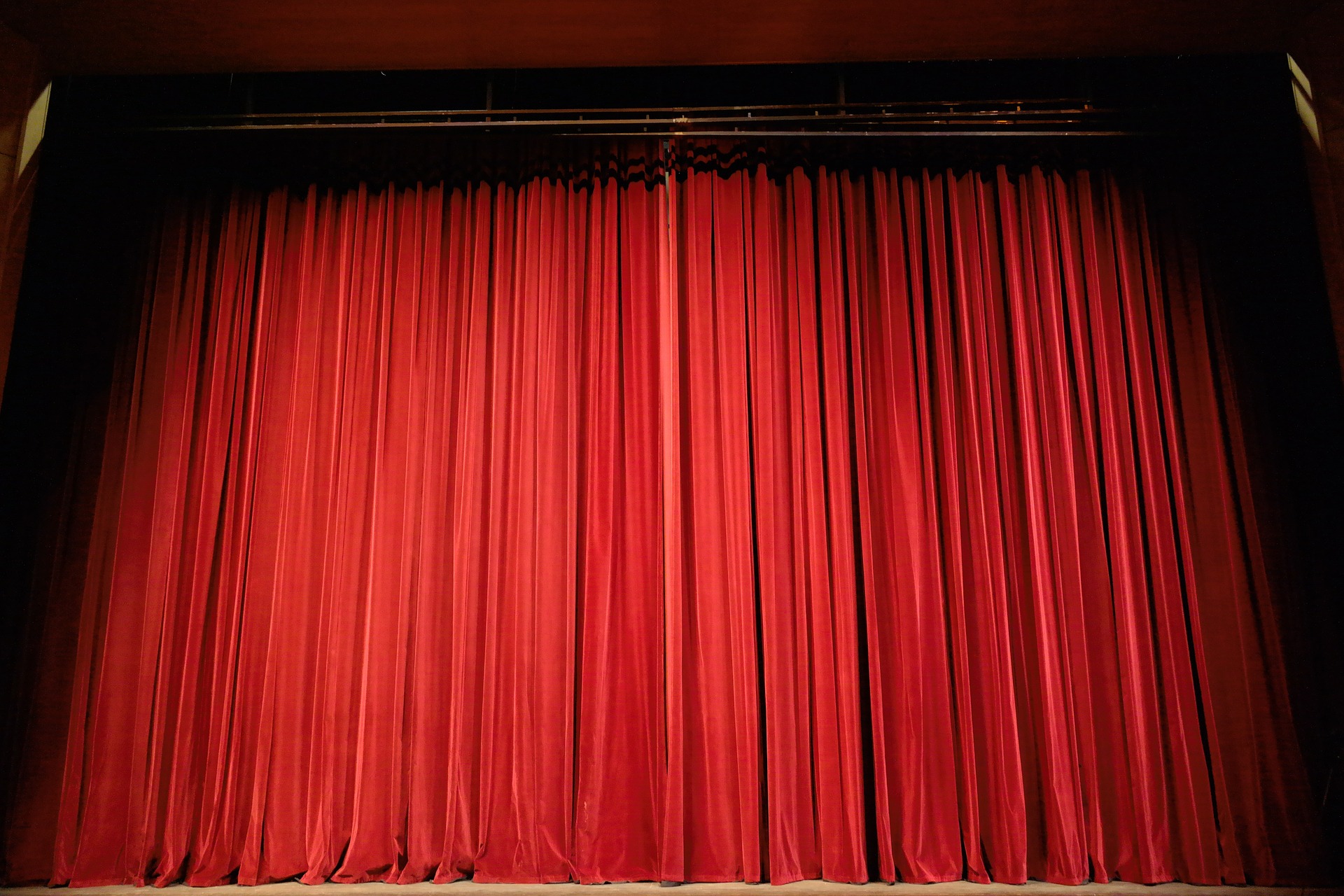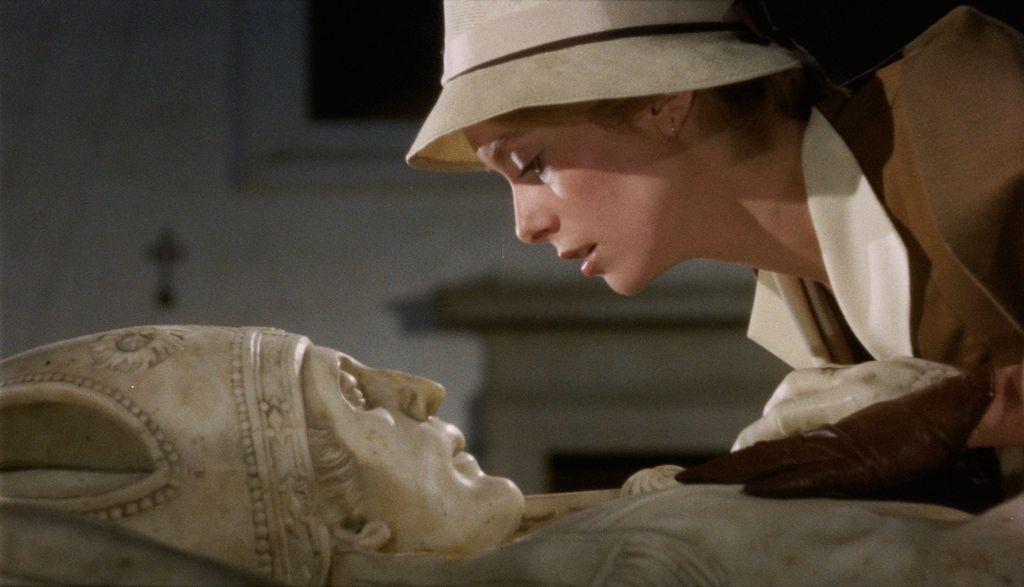I never felt better than when I was tearing the stubs off people’s tickets and showing them to their seats. In primary school, I loved to make seating plans for the teacher. Then during the war, a weird thing happened to me. A kind of ticket-taker’s demon lit on my back and right in the middle of the newsreel, when the voice announced that eighty-eight enemy aircrafts had been shot down over Dortmund and only one German plane had gone missing, the perverse little imp whispered something in my ear, and I said in a loud voice: “Aw shucks, it’s bound to turn up again.” My voice sounded like it belonged to somebody else, so I turned up the house lights and ordered the person who’d said it to come forward. The other ushers and I walked through the audience, but no one confessed and so, invoking our official powers—we actually had such powers—I declared that the entire program, including the feature film, was hereby cancelled, the tickets were null and void and, as punishment, everyone had to go home without a refund. READ MORE…
Posts filed under 'Bohumil Hrabal'
Translation Tuesday: “Breaking Through the Drum” by Bohumil Hrabal

"and everything suddenly seemed so bizarre I thought my ticket-taker’s demon must have come back to play with my mind."
What We’re Reading in November

Emma Jacobs on Syrian writer Osama Alomar’s uncanny short fiction, and Erin Gilbert on solitude in three seminal works including “Tristana”
Emma Jacobs (assistant editor): I’ve been reading really haphazardly this month, dipping in and out of essays, short stories, and poetry. I tend to think of this as a bad habit, a symptom of my cyber-skewed hyper-active millennial-generation attention span, yadayadayada, but actually there’s something so rich about this chaotic way of reading and the unexpected connections that it sparks between very different books. Looking over some of my favourite reads from November, I notice that each one meditates in some way on the lightness of the ephemeral moment.
This is particularly prominent in Photographs Not Taken, a collection of essays by photographers reflecting on the most memorable images they never captured. These scenes went unphotographed for a variety of reasons, but most often it was because an elusive and overpowering feeling made the photographer hesitate just a second too long. What’s left is a collage of imaginary negatives, moments that are tangible only in their absence. But rather than reading like a catalogue of regrets, the book chips away at the mythology that surrounds the act of “taking” a photo in the first place. As each photographer considers the images that passed them by, they tackle questions of where the documentarian impulse comes from and how the existence of a photo changes our memory of the event itself. The quality of the writing is a little up and down, but there are many pockets of prose that crystallise the moment of perception in surprising ways.
